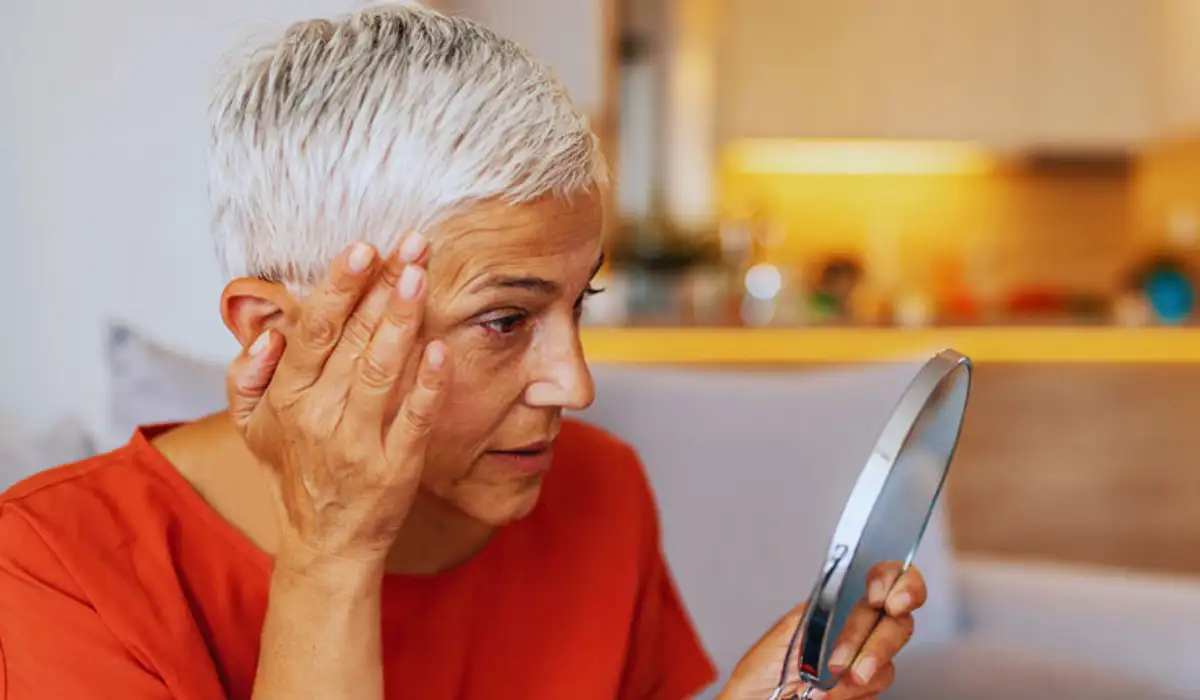In the race to achieve healthier skin and vibrant hair, the wellness industry often revolves its attention around two nutrients: Biotin and Collagen.
Both of these nutritional powerhouses are known for their ability to enhance the natural glow. However, amidst the range of skincare and hair care products and supplements, the question that develops curiosity is “Biotin Vs Collagen: Which is Best for Skin and Hair?”.
Come explore the intricate world of these nutrients with us as we attempt to determine which is superior. Additionally, the article will investigate whether taking the related risks and natural sources of these nutrients is safer. So, stick to the end to get the most out of it.
Biotin Vs. Collagen: Introduction

Biotin, also known as Vitamin H or B7, is a water-soluble vitamin that belongs to the family of B vitamin complex. It is recognized for its crucial role in numerous body functions.
Biotin assists in the metabolism of fat, protein, and carbohydrates while assisting in the activities of genes and regulating cell signals.
It is commonly associated with promoting healthy skin, hair, and nails. Biotin is involved in the synthesis of keratin and thus does wonders on the exterior body of an individual.
However, the human body cannot produce biotin on its own and, therefore, needs to rely on foods like eggs, nuts, seeds, and some veggies or supplements.
On the other hand, Collagen is a protein, perhaps the most abundant protein present in the human body. This fibrous protein helps form the extracellular matrix that gives shape and structure to the skin.
Collagen contributes to the elasticity and strength of connective tissues. Our body naturally declines to produce collagen with age, resulting in skin sagging, wrinkles, and other similar signs. In scenarios where the body can’t produce collagen, food rich in this nutrient and supplements comes to the rescue.
Both these nutrients significantly contribute to the well-being of tissues supporting skin and hair health.
Biotin Benefits for Skin and Hair
Biotin plays an important role in the body, and here are some of its potential benefits:
- It is crucial in collagen synthesis, contributing to smooth and supple skin.
- It supports skin cell regeneration, thus repairing the damaged skin tissues.
- It can be beneficial for addressing skin and hair care concerns like dryness and irritation.
- It stimulates keratin production, thus contributing to stronger and healthier hair.
- It encourages hair growth and stops hair loss.
- It contributes to the strength and integrity of nails, improving overall nail health.
- It may soothe the symptoms of seborrheic dermatitis, a skin condition that manifests through redness, itchiness, and flakiness.
- It maintains skin moisture, thus contributing to a hydrated and radiant complexion.
- It may improve the symptoms of psoriasis.
- It may help neutralize free radicals in the skin, thus protecting the skin overall.
Collagen Benefits for Skin and Hair
Collagen is responsible for supporting healthy skin, hair, and nails. Here are some of its potential benefits:
- It is a crucial protein that provides structure to the skin, enhancing its elasticity and softness.
- It helps maintain skin hydration and retain moisture, thus resulting in a youthful complexion.
- It plays a crucial role in tissue repair and wound healing, thus supporting recovery.
- It lessens the visibility of wrinkles and fine lines.
- It supports the overall health and vibrancy of the skin.
- It gives the hair flexibility and strength.
- It nourishes the hair follicles, thus reducing the risk of hair thinning and breakage.
- It contains amino acids that stimulate the growth of new hair strands.
- It contributes to the overall health of the hair shaft, enhancing the texture and natural shine.
- By supporting scalp health, it may reduce dryness, itchiness, and similar issues.
Is it OK to take both biotin and collagen together?
Yes, taking Biotin and Collagen together (as supplements) is considered safe, and there isn’t any evidence of risks yet. In fact, combining these nutrients may offer improved and quicker benefits than taking them alone.
Together, these nutrients can provide complementary effects, enhancing each other’s results. Although much anecdotal evidence supports their combined usage, more research is required to conclude their established synergies.
Also, before including these supplements in your routine, it is crucial to consult a healthcare professional.
Risks and Side Effects
Although Biotin and Collagen are likely safe, here are some considerations to know about:
- Be aware of excessively high dosages of biotin as they may lead to unwanted effects on the body.
- Be cautious if you are allergic to any of the components of these supplements.
- Some individuals may experience digestive discomfort when taking collagen supplements.
- Collagen supplements are at risk of contamination; thus, choosing them from a reputable brand is essential.
- Collagen isn’t suitable for vegan or vegetarian dietary preferences.
- Biotin may interfere with specific lab tests, leading to inaccurate results.
- Biotin may interact with medicines, particularly the one for epilepsy.
- Collagen supplements may affect calcium absorption in the body.
Biotin-Rich Foods
- Egg yolks.
- Nuts and seeds, particularly almonds, walnuts, peanuts, and sunflower seeds.
- Legumes like soybeans and lentils.
- Sweet potatoes.
- Whole grains like brown rice, oats, and whole wheat.
- Bananas.
- Avocados.
- Broccolis.
Collagen-Rich Foods
- Bone broth.
- Fatty fish like salmon and mackerel.
- Chicken, especially skin and connective tissues.
- Citrus fruits like oranges, lemons, and strawberries, particularly those rich in Vitamin C, support collagen production.
- Berries like blackberries, blueberries, and raspberries.
- Leafy greens like spinach and kale.
- Tomatoes.
- Bell Peppers.
Conclusion
As the discussion between Biotin and collagen wraps, there isn’t a straightforward answer to which is best. Both nutrients play distinctive roles in skin and hair health, and none can suppress the other.
Taking these supplements or consuming them through food sources is an excellent way to take care of your internal and external health.
Either choose one (depending on your goal) or combine both under the doctor’s recommendation. However, whatever you choose, or even if both, ensure your unique needs, preferences, and goals empower your decision.
References
- Biotin. (2022).
https://ods.od.nih.gov/factsheets/Biotin-HealthProfessional/ - Choi, F. D., et al. (2019). Oral collagen supplementation: A systematic review of dermatological applications [Abstract].
https://pubmed.ncbi.nlm.nih.gov/30681787/

